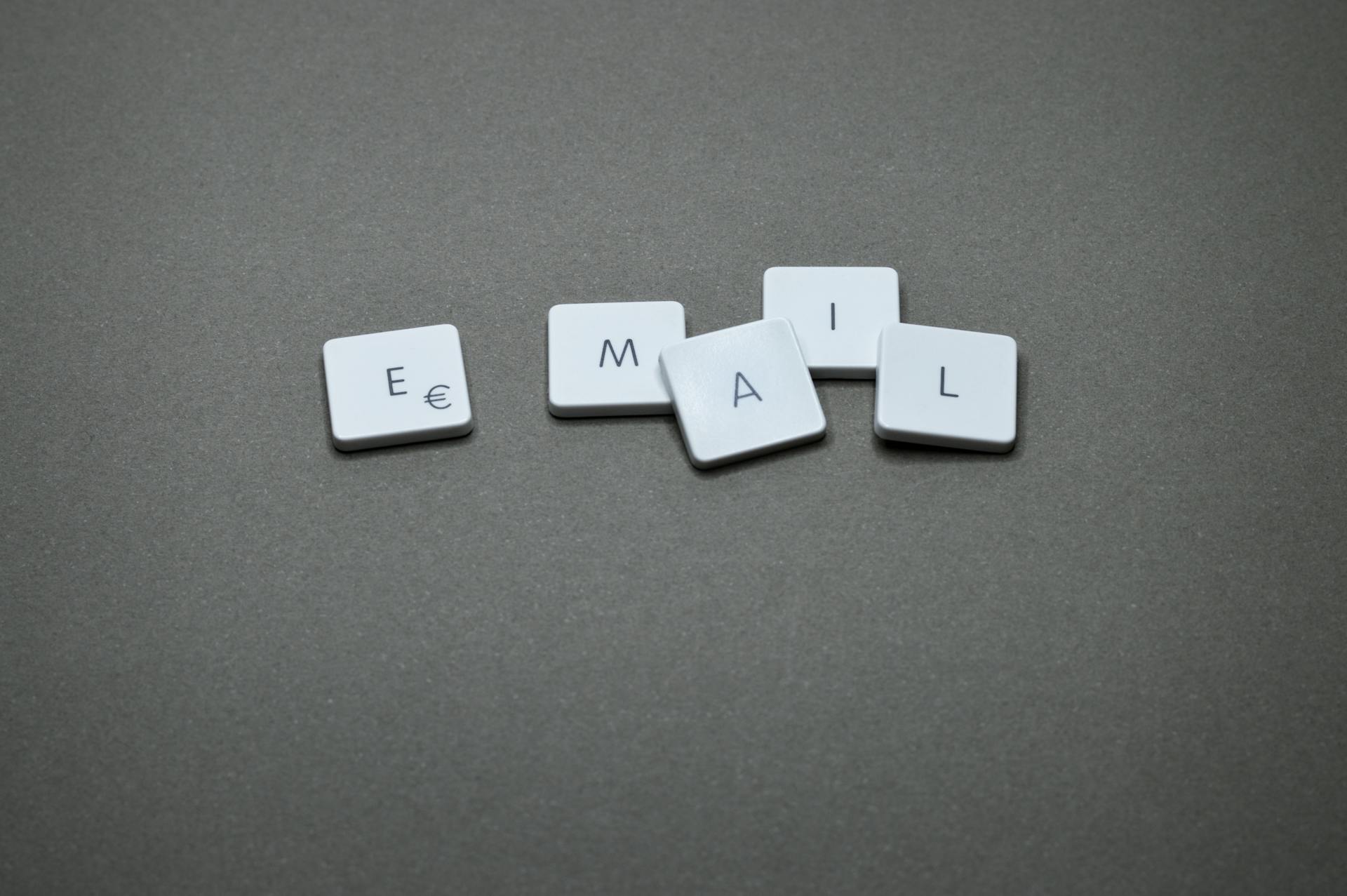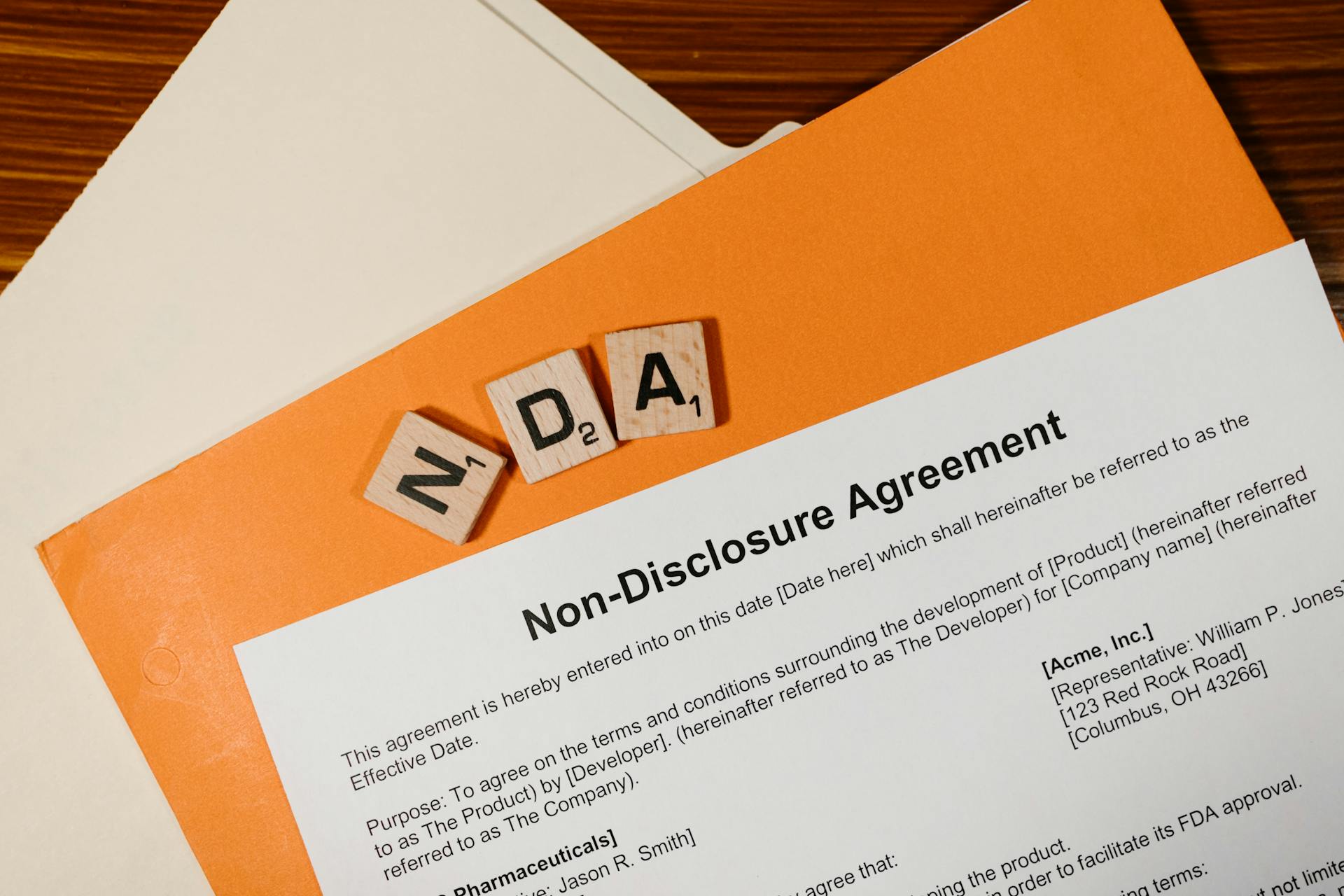
To protect patient confidentiality, HIPAA shredding requirements are essential. All covered entities must ensure that protected health information (PHI) is properly disposed of, as specified by the regulations.
The HIPAA Security Rule requires that PHI be shredded or destroyed in a way that prevents its reconstruction. This means that simply recycling or throwing away documents is not enough.
Covered entities must also ensure that any electronic media, such as hard drives or CDs, are properly wiped or destroyed to prevent unauthorized access to PHI. This includes any devices that may contain PHI, even if they are no longer in use.
Discover more: Hipaa Requires That All Covered Entities Designate
HIPAA Compliance
HIPAA compliance is a top priority in the healthcare industry. Ensuring HIPAA compliance in document shredders is critical in healthcare to avoid massive fines and protect patient's sensitive information.
Proper disposal of Protected Health Information (PHI) is a must. According to HIPAA, covered entities must develop their own policies and procedures for disposing of PHI, and proper destruction of PHI and medical records requires rendering them completely "unreadable, indecipherable, and incapable of being reconstructed."
Shredding is a safe and effective disposal method for both paper and electronic media, making it a preferred choice in many situations. HIPAA specifies that "covered entities are not permitted to simply abandon PHI or dispose of it in dumpsters or other containers that are accessible by the public or other unauthorized persons."
You must destroy any documents that contain individually identifiable health information, such as names, birth dates, and social security numbers. Additionally, shred any records relating to an individual’s past, present, or future health or condition, including the provision of healthcare and payment for healthcare services.
Here is a list of examples of what types of medical records should be shredded:
- Names
- Birth Dates
- Geographic Identifiers
- Phone Numbers
- Fax Numbers
- Email Addresses
- Medical Record Numbers
- Biometric Identifiers
- Photos of Faces
- Social Security Numbers
It's also essential to note that comprehensive training is mandatory for all staff, including volunteers, who are involved in the destruction of protected health information. This ensures that everyone understands the importance of proper PHI disposal and retention policies.
Destruction Services
HIPAA requires covered entities to develop their own policies and procedures for disposing of PHI, but proper destruction of PHI and medical records requires rendering them completely "unreadable, indecipherable, and incapable of being reconstructed." This means that simply abandoning PHI or disposing of it in dumpsters or other containers accessible by the public or unauthorized persons is not acceptable.
Shredding is a safe and effective disposal method for both paper and electronic media, making it a preferred choice in many situations. HIPAA specifies that covered entities are not permitted to simply abandon PHI or dispose of it in dumpsters or other containers that are accessible by the public or other unauthorized persons.
R4 offers a HIPAA compliant shredding process that prioritizes confidentiality through advanced security measures and round-the-clock surveillance. Their team of experts provide various services including on-site shredding, shred trucks, and bin services for proper disposal at your convenience.
A different take: Hipaa Requires Me to Comply with
PROSHRED provides medical record shredding services for healthcare facilities, hospitals, clinics, nursing homes, and healthcare professionals, and is the only on-site shredding company in the US that is ISO 9001 Certified by NSF-ISR and NAID (National Association for Information Destruction) AAA certified.
Shred Vault is a trusted name for HIPAA-compliant shredding services, offering regular schedules for document shredding, one-time shredding, drop off services, and shred events. They are NAID AAA Certified and FISMA and GLBA-compliant, serving businesses of all sizes.
Using HIPAA-compliant shredding services can help you remain 100% compliant and take the worry out of your medical practice, protecting your patient's sensitive information and avoiding massive fines.
Types of Records
You need to shred any documents that contain individually identifiable health information. This includes names, birth dates, and geographic identifiers.
Shredding is also necessary for records relating to an individual's past, present, or future health or condition. This includes information about the provision of healthcare, past or present payment for healthcare, and any other information that could be used to identify the individual.
Some specific examples of records that need to be shredded include medical record numbers, biometric identifiers, photos of faces, and social security numbers. These types of records contain sensitive information that must be protected.
The following types of records should be shredded:
- Names
- Birth Dates
- Geographic Identifiers
- Phone Numbers
- Fax Numbers
- Email Addresses
- Medical Record Numbers
- Biometric Identifiers
- Photos of Faces
- Social Security Numbers
These records must be destroyed in a way that makes them unreadable, indecipherable, and unable to be reconstructed.
Handling and Disposal
Handling and Disposal is a crucial aspect of HIPAA compliance. HIPAA requires entities handling PHI to apply appropriate administrative, technical, and physical safeguards to protect the privacy of protected health information.
You have a duty to regulate how and with whom you share protected information and avoid incidental disclosure, including during disposal. This includes setting forth policies and procedures for disposing of electronic media containing PHI.
A properly destroyed medical record or piece of PHI is defined as being rendered "unreadable, indecipherable, and otherwise unable to be reconstructed." Shredding is listed as a proper method for disposing of PHI in the forms of both paper and electronic waste.
If this caught your attention, see: Hipaa Protected Information
To avoid a HIPAA violation, make sure to understand what is required of your company and that you're correctly disposing of medical information. Most HIPAA violations occur as a result of neglect or lack of awareness, not criminal intent.
You must keep medical records for ten years from the date of their creation or last use, whichever comes later. States have additional requirements for record retention, so be sure to check your state's laws.
Here are some examples of protected health information (PHI) that must be properly disposed of:
- Health Plan Beneficiary Numbers
- Account Numbers
- Certificate/License Numbers
- Vehicle Identifiers and License Plate Numbers
- Device Identifiers and Serial Numbers
- Web URLs
- IP Addresses
- Unique Identifying Numbers, Characteristics, or Codes
Cross-cut shredding is used to meet the HIPAA requirement of making the information irrecoverable. A reputable medical record shredding company should provide you with a Certificate of Destruction (COD) to document the disposal for your compliance records.
Healthcare Facility Compliance Services
To ensure HIPAA compliance in healthcare, it's crucial to use HIPAA-compliant shredders. This is because proper paper disposal is a critical aspect of HIPAA guidelines.
Employing HIPAA-compliant shredding services can help you avoid massive fines and protect patient sensitive information. This is especially important in healthcare, where confidentiality is key.
R4 offers a HIPAA-compliant shredding process that prioritizes confidentiality through advanced security measures and round-the-clock surveillance. Their team of experts provides various services, including on-site shredding and shred trucks.
You'll receive an official Document of Completion (DOC) after the shredding process is completed, which is essential for maintaining a disposal log for HIPAA compliance. This document is a must-have for any healthcare facility.
There are three stages to medical record shredding, which is a critical step in ensuring HIPAA compliance.
On a similar theme: Hipaa Compliance It Requirements
Protecting Confidential Information
Protecting Confidential Information is crucial in the healthcare sector, and it's not just a best practice, but the law. HIPAA requires entities handling PHI to apply appropriate administrative, technical, and physical safeguards to protect the privacy of protected health information (PHI).
The Privacy Rule and Security Rule are the primary regulations that address the protection of patient information. HIPAA defines protected health information (PHI) as individually identifiable information relating to the past, present, or future health status of an individual.
A unique perspective: Which of the following Are Considered Hipaa Privacy Administrative Requirements
Information that is considered PHI includes, but is not limited to: national identification numbers, demographic information, health information, and details about the type of care the patient received or how they paid for it.
You have a duty to not only regulate how and with whom you share protected information, but you also need to avoid "incidental" disclosure of PHI, including during disposal. A properly destroyed medical record or piece of PHI is defined, according to HIPAA, as being rendered "unreadable, indecipherable, and otherwise unable to be reconstructed."
Here are some examples of confidential information that you should secure:
- Patient Insurance Information
- Payroll and HR records
- Supplier contracts
- Medicaid/ACA Information
It's essential to train employees in policies and procedures that dictate how to dispose of electronic media containing PHI (ePHI). Shredding is listed as a proper method for disposing of PHI in the forms of both paper and electronic waste.
Security Expertise
As a security expert, I can attest that HIPAA compliance is crucial in healthcare, and it starts with proper paper disposal.
To follow the law and avoid massive fines, you should consider professional shredding services that follow HIPAA guidelines.
HIPAA-compliant shredders are designed to destroy sensitive information, ensuring patient confidentiality.
Employing HIPAA-compliant shredding services can tick off one crucial compliance aspect: proper paper disposal.
You should always follow the appropriate disposal steps per the federal law's guidelines and mandated procedures.
Discover more: Hipaa and Confidentiality
Sources
- https://r4services.com/a-guide-to-hippa-compliant-shredding/
- https://www.medicaltranscriptionservicecompany.com/blog/what-are-requirements-for-storing-physical-hipaa-documents/
- https://www.proshred.com/hipaa/medical-document-shredding-guide/
- https://www.shredit.com/en-us/who-we-serve/healthcare
- https://www.ifaxapp.com/hipaa/best-hipaa-compliant-shredder/
Featured Images: pexels.com


